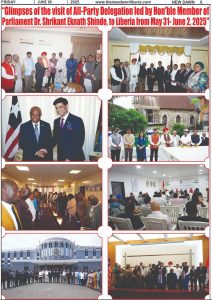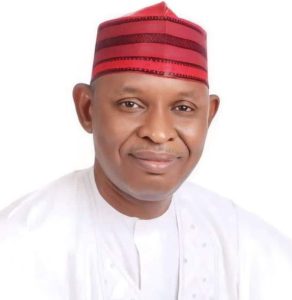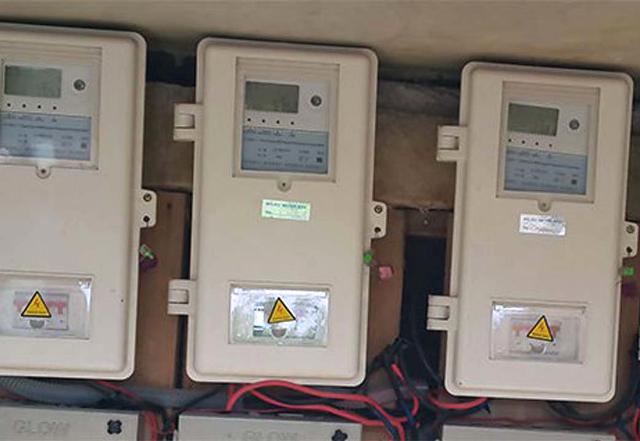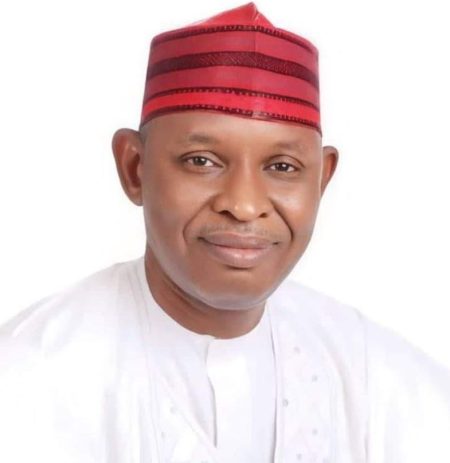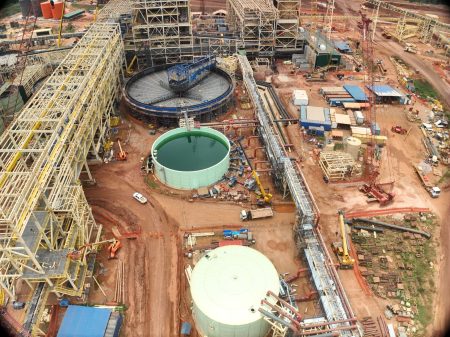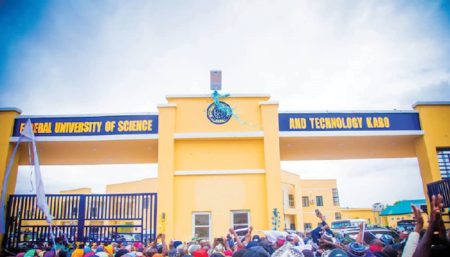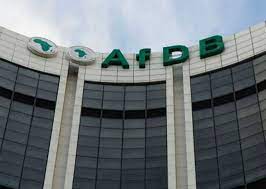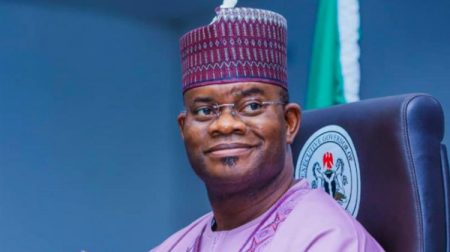The Nigerian government has unveiled an ambitious plan to fully implement the Presidential Metering Initiative (PMI) by the fourth quarter of 2025. This initiative aims to close the persistent metering gap in the country’s power sector, a critical challenge that has long hindered efficient electricity distribution and revenue collection. The PMI targets the installation of over six million free electricity meters for end-users, prioritizing high-consumption areas and customers in Band A, who typically receive the most consistent electricity supply. This strategic approach aims to maximize the impact of the initiative by focusing on areas where accurate metering can significantly improve revenue assurance and reduce losses due to estimated billing.
Funding for the PMI will be drawn from multiple sources, including the Distribution Sector Recovery Programme (DISREP), the Federation Account, and the Meter Asset Fund. This diversified funding strategy underscores the government’s commitment to ensuring the program’s financial sustainability and successful execution. The PMI involves a collaborative effort between various stakeholders, including the Bureau of Public Enterprises (BPE), the National Power Training Institute of Nigeria (NAPTIN), and the electricity distribution companies (DisCos). This coordinated approach aims to streamline the installer certification process, strengthen communication infrastructure, and ensure implementation readiness across all parties involved.
The lack of widespread metering has been a major impediment to the financial viability and transparency of Nigeria’s power sector. Millions of consumers remain subject to estimated billing, leading to disputes, inaccuracies, and revenue leakages for distribution companies. By providing free meters, the PMI aims to address these issues head-on, improving accountability and fostering greater trust between consumers and DisCos. This, in turn, is expected to enhance revenue collection, enabling DisCos to invest in infrastructure upgrades and improve service delivery.
The PMI aligns with President Bola Tinubu’s broader energy sector reforms, which seek to tackle systemic inefficiencies in electricity supply and billing. The government anticipates the delivery of approximately 75,000 meters under the International Competitive Bid 1 by April 2025, followed by an additional 200,000 meters in May 2025. This phased approach will allow for effective monitoring and evaluation of the program’s progress, ensuring its smooth and efficient rollout. Stakeholder engagement has been crucial in shaping the PMI, recognizing that accelerated metering is essential not only for revenue assurance but also for rebuilding consumer confidence.
Concurrent with the PMI, Nigeria is transitioning towards state-led electricity markets, in line with the Electricity Act 2023. This decentralization of regulatory powers aims to empower subnational governments to manage their electricity markets more effectively. Currently, eleven states have embarked on this transition, with seven – Enugu, Ondo, Ekiti, Imo, Oyo, Edo, and Kogi – already fully operational in their respective state markets. This shift requires significant capacity building, investment readiness, and regulatory coordination to ensure the seamless integration of state-level frameworks with the national grid.
The Nigerian Electricity Supply Industry (NESI) Stakeholders Meeting served as a crucial platform for discussing these critical developments. The meeting brought together regulators, DisCos, policymakers, and technical partners to address the challenges facing Nigeria’s power sector and explore practical solutions. Discussions covered a wide range of topics, from aligning federal and state regulations to expanding grid access and improving service delivery. This collaborative dialogue reflects a shared commitment to building a more resilient and responsive power sector capable of meeting Nigeria’s growing energy demands. The ongoing NESI Stakeholders Meeting will continue to play a vital role in reviewing progress, coordinating efforts across the electricity value chain, and guiding Nigeria’s transition towards a decentralized and efficient energy future.


